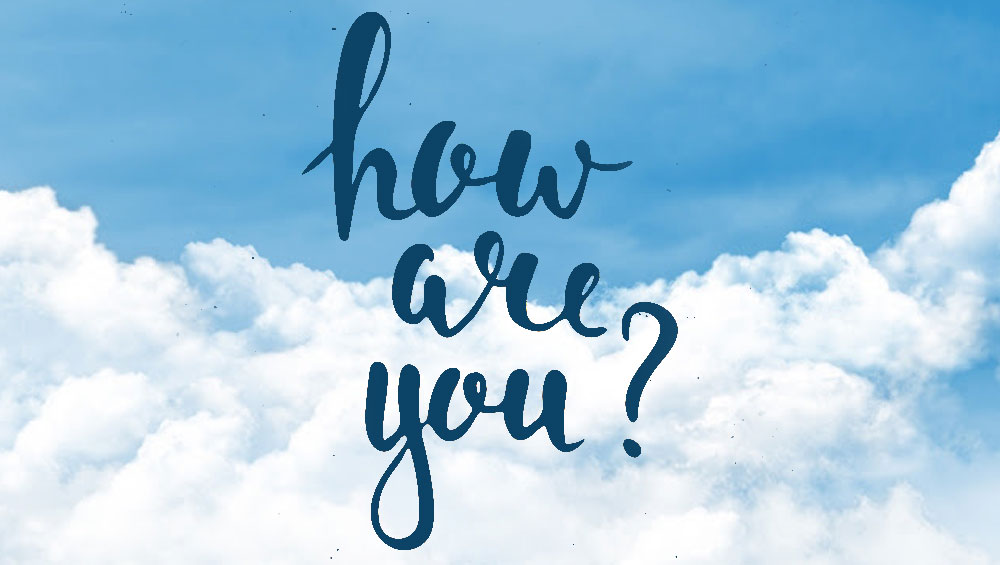It’s often a question we answer when we catch up with people we haven’t seen in a long time. We come by it too when people notice us feeling down. But, in light of the COVID-19 pandemic, it has become a question we almost always ask the people around us. This pandemic has not only given rise to infections of the virus, but also the increase of mental illnesses. Checking up on others has become more normalized now, yet, have we ever thought of checking up on ourselves? When was the last time you have done so? Or if you haven’t maybe this is the time you should.
“I’m fine. How are you?” we answer without pondering on the concern.
Just how fine are we really? Our selflessness may have turned into self-ignorance. We may have forgotten how to take care of ourselves too, especially in this pandemic. Some of us may not even know ourselves that we are already struggling. In a ScienceMag article, psychiatrist Steven Chan gives out some signs of COVID-19 anxiety which can help us in identifying how we are during these trying times:
- Guilty of unproductivity.
- Feeling helpless that we cannot do much about the situation.
- Worrying about yourself, your family and the future… A lot!
- Physical tiredness and sleep irregularities.
- Fear of the worst.
These signs are byproducts of the abrupt change across the world. And because of its suddenness, of course we can’t help but feel and experience these things. Some of us are still adapting to how work will be done, others among us may even have lost their jobs. In spite of this, we try to muster up the courage to keep moving forward. With the “new normal,” it demands we must adapt to it. However, that doesn’t mean we should immediately do so.
Our challenges amidst this pandemic are struggles common to a lot of us. We sometimes ask our family, our peers about their struggles to try to sympathize and help them. But before we help them, we must learn first how to help ourselves. Though that doesn’t mean we should solve our problems all on our own. It’s okay to ask people to listen and ask for help. Honestly, at times, we just need a little boost from others for us to help ourselves. But to get there, it’s important we pace ourselves and take each step carefully, starting with identifying and acknowledging how we are right now. It doesn’t hurt to accept what we are feeling. We are human beings and we do feel a lot of different things. Our feelings shouldn’t be casted away for the sake of helping others, as doing so will only let our own feelings eat us up from the inside.
But how can we help and improve ourselves? Steve Chan adds that first, we must learn to process the current struggles and flaws we have. As we come to learn and understand them, then we can accept and work on them. Try materializing your thoughts through writing and organizing them. You’ll get a clearer picture of what you have in mind. Second, we need to start small, focusing on the things we can work on. We need to pace our development as we can’t fix every flaw and resolve every problem immediately. Next is determination. Since we’ve picked something we want to work on, we must commit to it and be determined to improve or resolve it. If we fall out of our determination, then that cuts the entire process of self-development. We need to continue applying new learnings and habits to improve ourselves. Once it has become second nature to us, we can move on to the next thing we want to work on until we’ve reached our own goals.
It’s important to give time to ourselves every now and then, especially during this pandemic. We don’t have to always work on our tasks as it’s as important to work on ourselves too. Try switching up your “How are you?” to a “How am I?” today.
